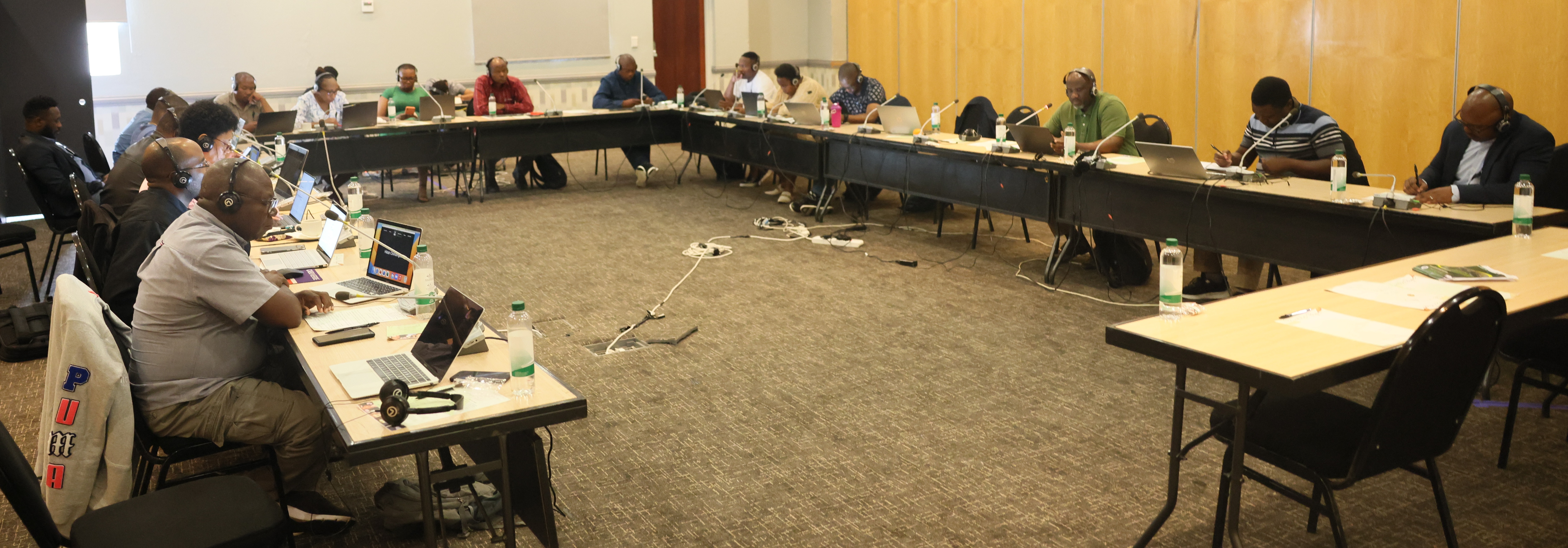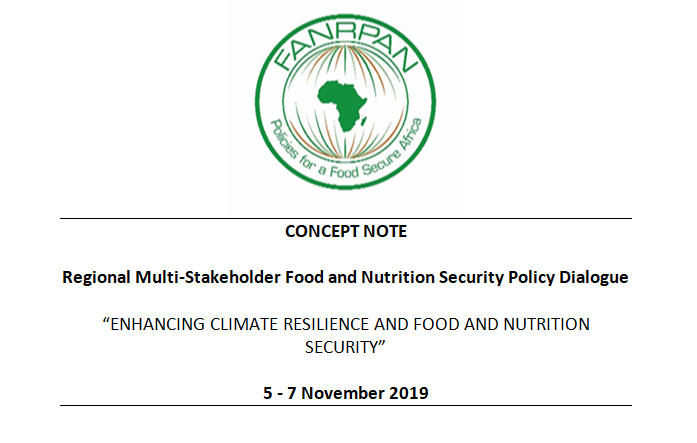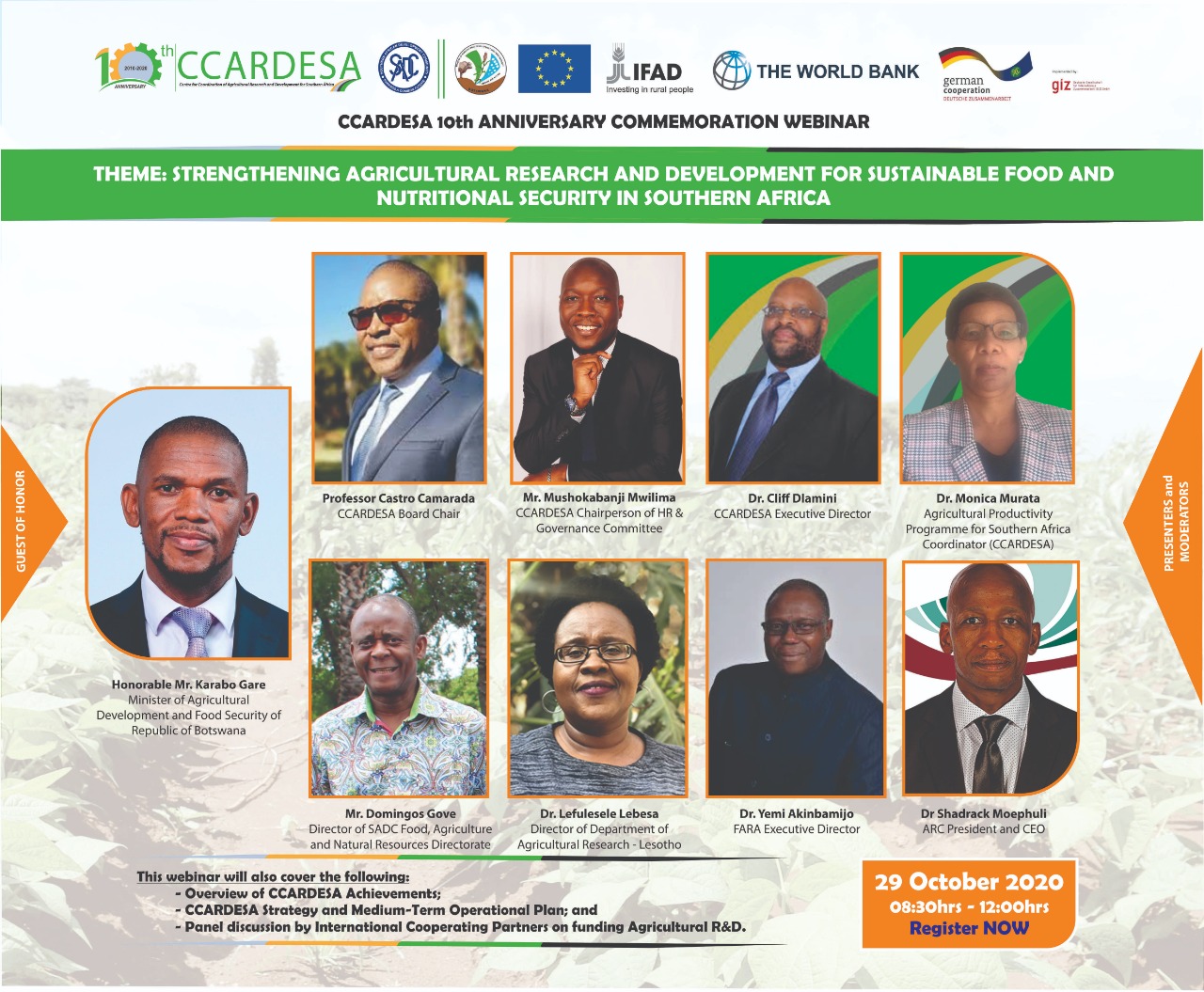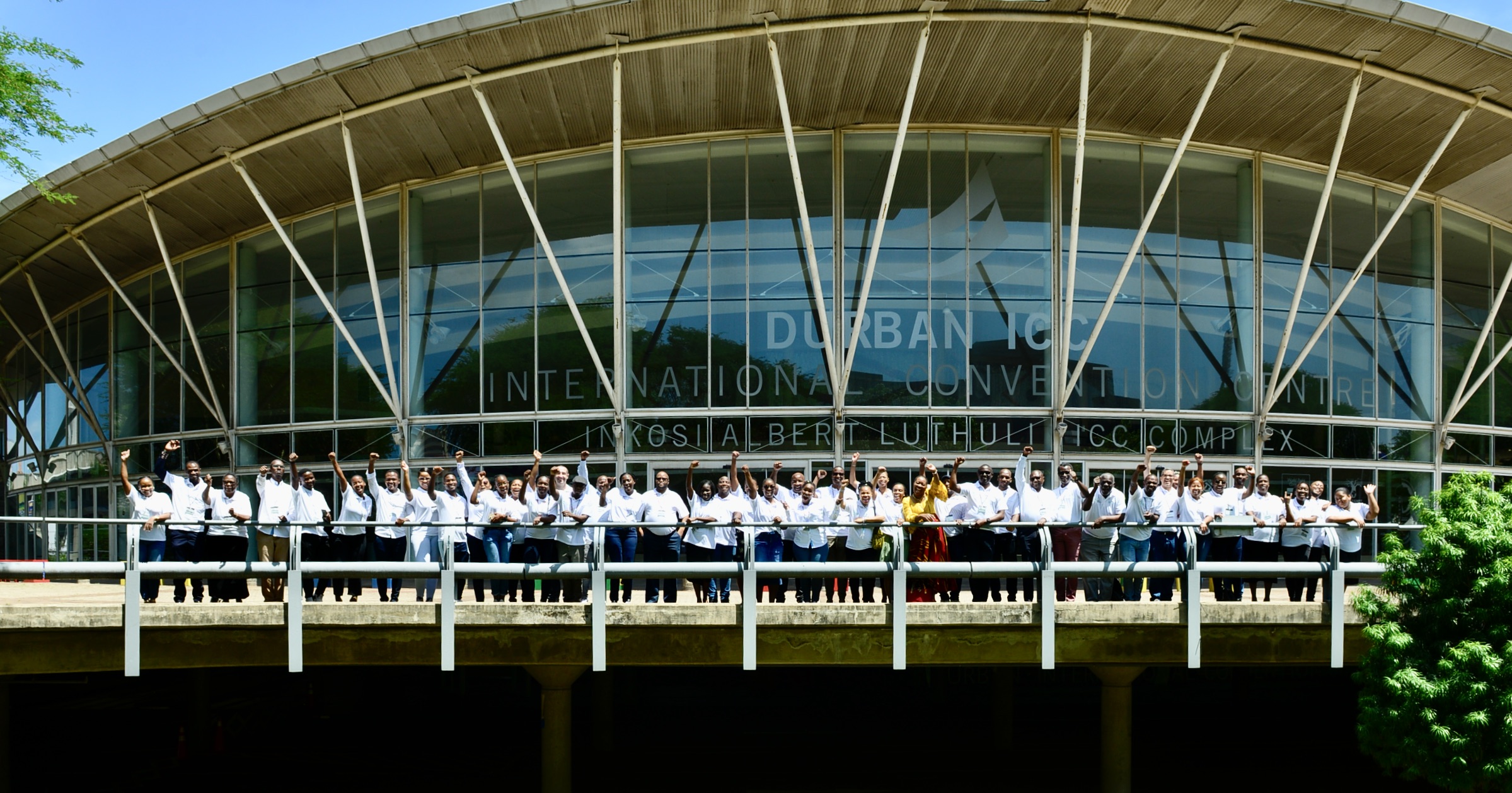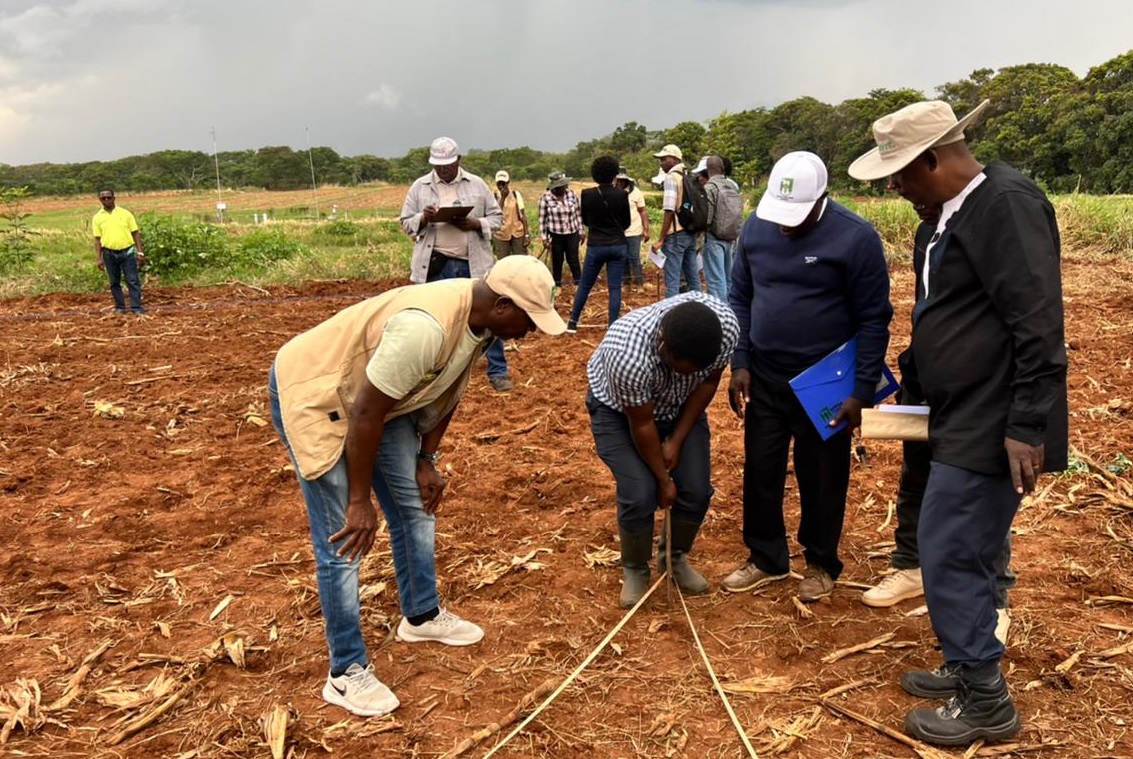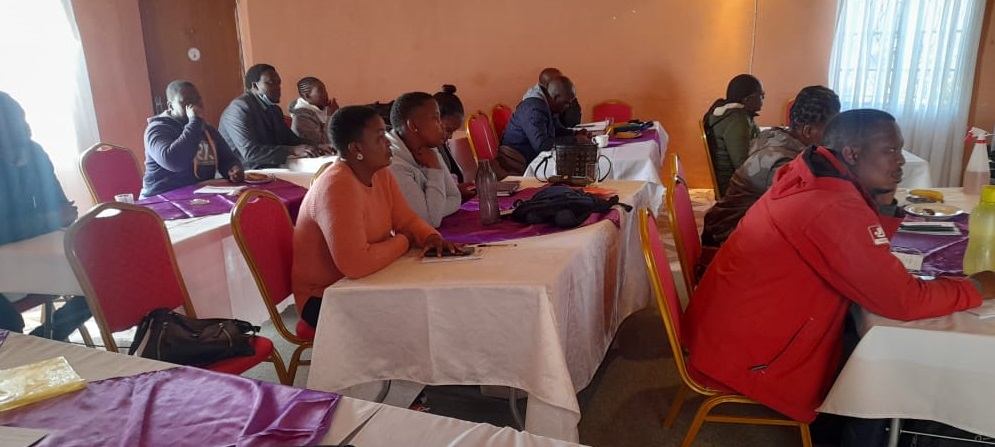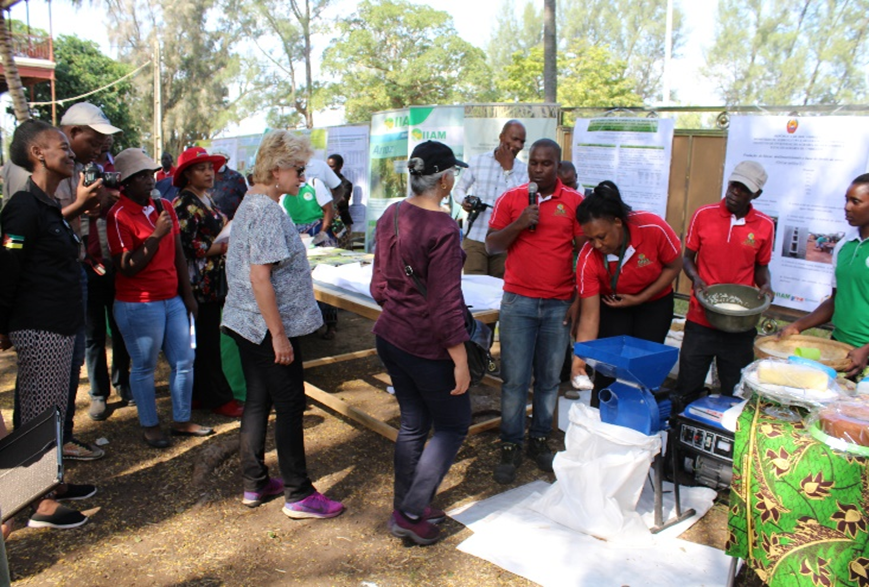The Drought Tolerant Maize for Africa
Launched in 2006, the Drought Tolerant Maize for Africa (DTMA) project aims
to mitigate drought and other constraints to maize production in sub-Saharan Africa, increasing maize yields by at least one ton per hectare under moderate drought and with a 20 to 30% increase over farmers’ current yields, bene ting 30-40 million people in 13 African countries.1 The project brings together men and women farmers, research institutions, extension specialists, seed producers, farmer community organizations, and non-government organizations. It is jointly implemented by the International Maize and Wheat Improvement Center (CIMMYT) and the International Institute for Tropical Agriculture (IITA), in close collaboration with national agricultural research systems in participating nations. Millions of farmers in the region are already bene ting from the outputs of this partnership, which includes support and training for African seed producers and promoting vibrant, competitive seed markets.
CIMMYT. The Drought Tolerant Maize for Africa. Kenya.



